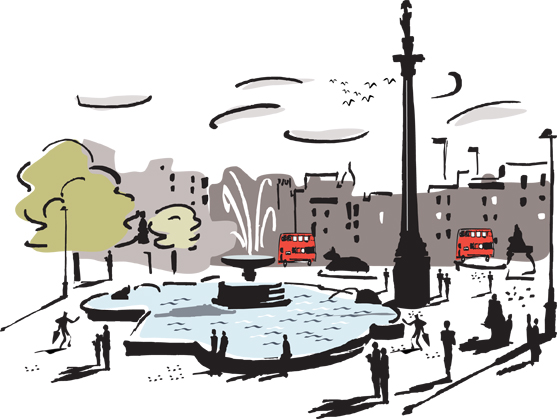
Some corporations work closely with their travel management company or hotel booking agent to procure their hotel programme while others manage it in-house, in this article I aim to share some tips for you to efficiently source negotiated hotel room rates and amenities for your travellers, but firstly let’s take a look at what is happening in the market.
In 2009 hotels experienced a sharp fall in rates after the recession but with finance and banking leading the recovery, corporate demand in London has seen occupancy levels increase and price gains for hotels. In 2010 corporate demand helped the rise in the average price of a hotel night this was the first year-on-year increase the industry and experienced since 2007.
Most corporations have reviewed their travel programmes and made cuts where they could. The focus for 2011 is on getting the most for every pound spent and demonstrating value.
With sixteen months to go until the Olympic torch arrives in London, 2012 is going to be an interesting year for hoteliers. Lots of research has been carried out to try to understand the effect the Olympics will have on hotel space and rates, some say rates will increase and availability with be limited while others says corporate travellers will avoid London leaving hotels with unsold rooms.
London is frantically preparing for the demand with 4,000 new rooms expected to be open for the Games with a further 7,000 under construction. For the first time new brands not previously available in London are opening like Corinthia, W and Bulgari.
Without doubt the Games will affect the corporate market, but with August traditionally a quiet month for corporate travel and corporations already researching contingency plans for avoiding the Olympic City flexibility is going to be a key requirement. London’s hoteliers will have to consider whether they can afford to risk alienating corporate clients on whose loyalty they have relied on during the recession.
It won’t just be London that is affected with the sailing being held on the south-coast and other major cities also hosting some events, locations within commuting distance to London are viewing the games as a real opportunity and could start to drive rates upwards.
Hotel occupancy and rates achieved for past Olympic Games held in Beijing, Sydney and Athens have been analysed, they show that actual bookings were below those originally forecast, some recent research has indicated London now expects 350,000 additional visitors to the city over the two weeks of the Games which equates to 25,000 per night, this compares with Athens which attracted 660,000 new visitors when it hosted the Games in 2000.
The hotel programme negotiation season generally starts in the second half of the year for next year’s programme, hoteliers and hotel chains are usually well prepared for the influx of request for rates.
If you are considering a hotel programme for your company here are some areas you should consider:
1. Will your travel management company or hotel booking agency manage your hotel programme – most of them offer this service and have some great buying power.
2. If you are managing your hotel programme yourself and it is large or complex, research some of the technology solutions available to manage your RFP and consider using one of them.
3. Define your requirements, start by reviewing your historical hotel spend but don’t forget about upcoming plans and projects, it’s important to get the right mix of historical vs. future.
4. Where possible consolidate your spend, it’s a win/win if you can actually support the hotels by ensuring they get room nights from you rather than having a long list of possible hotels.
5. Consider using service apartments there are some excellent properties out there in great locations which are ideal for your travellers wanting a longer stay and a little more flexibility from their accommodation.
6. Some criteria for you to consider:
a. Do you want to secure a corporate rate or corporate discount
b. What amenities would you like to include e.g., breakfast, internet etc
c. Proximity of hotel to your office, client location.
d. Star rating of hotel
e. Chain affiliation and loyalty programmes
7. Consider any cultural requirements your company may have which are important to you e.g. special meal types.
8. Try to secure your rates on a last room availability basis
9. If you are using a travel management company or hotel booking agency make sure the hotel know this, the cost of distribution within the travel industry is a complex area which could affect the rates you are offered.
10. If you are using a travel management company or hotel booking agency ask the hotel to load the rates into the global distribution system (gds) they use, this is the most efficient way for your bookings to be made. If you self book your travellers will also have access to the rates.
11. Explain the benefit of supporting the hotel programme to your travellers, this will range from the hotels you have selected have passed your selection criteria, the minimum room types have been selected, your travelling community no longer has to shop around for their hotels. Finally in the event of an emergency or crisis you are more likely to be able to track down your travellers and assist them if they are staying in preferred hotels booked through your preferred suppliers.
12. Communicate, communicate, communicate, tell your travellers about the hotel programme explain how they can access the information. Publish information about your programme on your corporate intranet or create an online hotel directory. After all you’ve spent a lot of time sourcing the programme so don’t keep it a secret!












